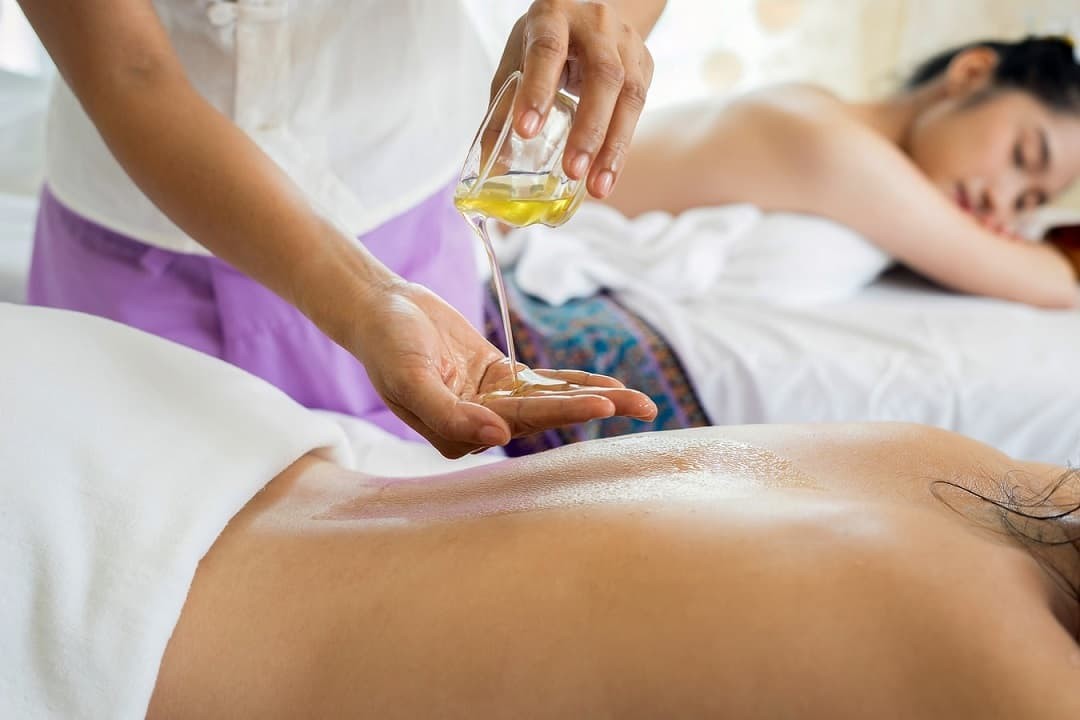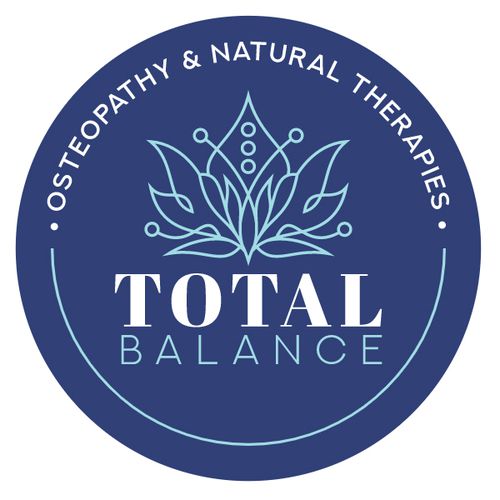
Feel like lending a helping hand? By volunteering, you could use your skills in any form of massage to improve the quality of life for many people and bring about social change.
Sometimes we think of getting a massage as a whim or treat. However, as a massage therapist, you know the benefits of massage therapy far better than anyone else, especially when it comes to managing chronic pain, stress, rehabilitation, not to mention the psychological healing that comes from placing one's hands on a person's body. Some people are simply not in a position to even think about getting a massage due to financial difficulty or other life circumstances.
Volunteering to provide massage services to children and adults in your community to release them from pain and improve their overall wellbeing is not only beneficial to them, but it also unlocks your door to success as well.
What are the Benefits of Volunteering as a Massage Therapist?
Massage therapy is a hands-on complementary therapy that offers a wide range of benefits. It reduces blood pressure, improves blood flow, eliminates muscle pain and improves range of motion among others. Organising free massage therapy sessions as part of a volunteer program in your community can be a good way to improve the lives of many people while also honing your knowledge of various massage techniques.
It doesn't matter if you specialize in Swedish massage, hot stone massage, remedial massage therapy, deep tissue massage or any other type of massage. To qualify for a volunteer position, you must simply have a genuine heart to go along with your qualification to alleviate the pain and discomfort of others. Providing free massage services will go a long way toward improving their daily lives and spreading awareness about the wonders of therapeutic massage. The following are some of the numerous benefits of volunteering your services in massage therapy.
Assist Immobile Persons
While strong, healthy and financially able individuals can visit a massage clinic anytime they want, there are many out there whose age or long-term conditions prevent them from experiencing the soothing, gentle pressure of a relaxation massage. Elderly people residing in aged care facilities and those with limited range of motion due to a severe condition will be forever grateful for a 30-minute hand or foot massage.
Bring the Needs of Disadvantaged Groups to the Forefront
Full-body massages may not be able to provide homeless people, individuals with mental conditions, and people from war-torn countries with the fulfillment they are looking for in life; however, they can relieve muscle pain and help alleviate emotional distress. Thus, volunteering for programs at refugee camps to deliver different types of massage therapy can lead to some positive changes in the lives of disadvantaged people.
Support Other Health Practitioners
By signing up for a volunteer program that benefits medical and allied health professionals in your community who work grueling 80-hour weeks to ensure the health and safety of all patients under their care, you can repay their hard work. Working on the deeper layers of muscles can show them the benefits of a deep tissue massage, or you may address their complaints of chronic joint pain if you're a remedial therapist.
Build Your Credentials
The work experience you gain through your volunteer work is surely going to impress your future employer. There is nothing trivial about it. If you have a history of helping improve the lives of others without receiving monetary compensation, your prospective employer will definitely see your value and want you to be part of their team.
How Can You Share your Skills as a Volunteer Massage Therapist?
If you feel that you want to give back to your community in some way, organisations in the not-for-profit sector may be in need of your skills as a trained, professional massage therapist.
You will generally need current qualifications, experience, professional insurance and an up-to-date first aid certificate to be able to volunteer. Check with the organisation and be sure to ask as many questions about the conditions and the people you may be treating, for instance whether they speak English, or have specific injuries or issues you need to address. And of course your safety is important so ask what protocols they have in place to ensure your safety.
The personal traits of an ideal volunteer include being helpful, adaptable, open and accepting. In return, you will be supported by the organisation. All not-for-profit organisations in Australia follow national standards, which means they provide volunteers with the same rights and responsibilities as paid workers under the Work Health and Safety Act.
A volunteer program benefits everyone involved - the practitioner who devotes their time and skills, and the person receiving the rewards - such as a massage. And communities are strengthened by enabling and encouraging their citizens to participate.
Originally published on Mar 01, 2011








